60 Years of Rankings – Arnold Black looks back at sprints
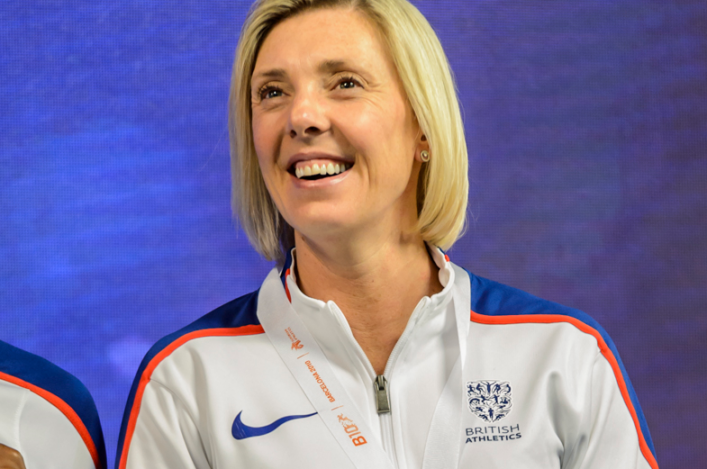
Lee McConnell pictured here by Bobby Gavin following a medal presentation during Glasgow 2019
60 YEARS OF RANKINGS
Introduction
In 1960, Simon Pearson, Tom McNab and Tommy Robertson published a typed booklet containing the Scottish Best Performances in 1959.
This was the first time a detailed Scottish rankings list had been published. This initial work was continued annually and led to the formation of the Scottish Association of Track Statisticians.
This year, our historian Arnold Black summarised the top 10 from the rankings in every event and published on the SATS website.
Rankings on the SATS website
Using this summarised ranking, Arnold has scored the ranking lists on a simple points basis – 10 points for first place down to 1 point for tenth place, identifying the athletes who have made the most significant impact over the last sixty years.
There are provisos of course in looking at events in this manner. One is cut-off; current athletes’ careers are not complete and athletes in 1959 would have had earlier careers.
In the latter situation, the pre-1959 careers of athletes have been considered in the scoring. Also, this series takes no account of success on a wider stage, in British or international competition.
In a series of articles, Arnold will review the results by event category (sprints, mid-distance, distance, jumps, throws, hurdles/chase and combined events, then finally an overall assessment).
The first article is on the sprints.
Allan Wells at our Annual Awards back in 2018 (photo by Bobby Gavin)60 YEARS OF RANKINGS: THE SPRINTS
Our historian Arnold Black has summarised the top 10 from the rankings in every event from 1959 to 2020.
Using this summarised ranking, the ranking lists have been scored on a simple points basis – 10 points for first place down to 1 point for tenth place, identifying the athletes who have made the most significant impact over the last sixty years.
The sprints category covers the 100 metres, 200 metres, 400 metres and their earlier Imperial equivalents. It does not include the indoor 60 metres, as indoor competition was greatly restricted in Scotland until the opening of the Kelvin Hall in 1987, almost halfway through the period that is being reviewed.
At the end of this article, I have listed the top 10 in each of the men’s and women’s categories and there are some interesting names just below our combined top 10.
With 10th place achieving 191 points, athletes who have come closest to achieving that are RAF and Perth sprinter Don Halliday from the 1960s/1970s, Commonwealth gold medallist Cameron Sharp, and a more recent athlete in Gemma Nicol.
Here’s the countdown:
10 Melanie Neef
Melanie scored across the three events, first appearing as a 16-year-old sprinter in the 200 metres in 1986 before progressing to 400 metres in 1993. She appears in the top 10 rankings 26 times and topped the 400 metres rankings for 4 consecutive years in the mid-1990s.
9 Menzies Campbell
‘Ming’ Campbell was one of the early ‘international’ sprinters in our lists. A 1964 Olympian, he competed on the USA circuit as well. Ming led Scottish rankings at 100, 220 and 440 yards 15 times between 1962 and 1968.
8 Sinead Dudgeon
Sinead Dudgeon was originally a sprinter first appearing in the 100 metres rankings in 1991 who later competed with success over 400 metre hurdles. Her ranking position here is based solely on her performances on the flat. Sinead appeared in the sprint rankings across a span of 14 years, topping the 200 metres rankings in 1999.
7 Angela Bridgeman-Baxter
Angela competed for Scotland in 2 Commonwealth Games and ranked in the top 10 in every event she competed in between 1980 and 1993, leading the 200 metres rankings in 1981 and 1989, the 100 in 1982 and the 400 in 1983.
6 Helen Golden
A star of the Scottish sprint scene between 1967 and 1980, Helen led both the 100 and 200 metres for four consecutive years between 1969 and 1972 and again in 1974 and 1975 and competed for Scotland at three Commonwealth Games.
5 Ian Mackie
Pitreavie’s Ian Mackie 14-year appearance in the rankings saw him lead the 100 metres ranking lists 8 times and the 200 metres lists on 5 occasions. He dabbled briefly with the 400 metres in a career that saw him compete at World, Olympic and Commonwealth level as well as win 5 Scottish 100 metres titles and one at 200.
4 Allan Wells
It may be that one expected Olympic champion Allan Wells to rank more highly but when we are just focussing on the ranking lists, it is a different story.
He first appeared in Scottish rankings in 1970 as a long and triple jumper but it would be a couple of years before he appeared in the top 10 and then it was at 400 metres and long jump. It was not until 1976 that he found his potential was realised leading the 100 metres rankings for the first time. From 1977 to 1984 he dominated the sprint rankings, leading the way in both the 100 and 200 metres.
3 Aileen McGillivary
Aileen McGillivary was a dominant figure in women’s sprinting in the first half of the 1990s especially, winning 8 Scottish outdoor titles between 1989 and 1987. After topping the Scottish 200 rankings in 1990, she led the way in both 100 & 200 sprints in the following 4 years in a career that continued with top 5 rankings into 2000.
2 Lee McConnell
Lee McConnell’s number two ranking is all the more remarkable for an athlete who focussed on high jump for a considerable part of her career and had a 3-year stint at 400 metres hurdles as well, neither of which are included in this points total.
Even when competing at high jump, she would rank in the 400 metres but from 2002 until 2012, she topped every Scottish ranking list in the events she competed – whether at 100m, 200m, 400m or 400m hurdles.
1 David Jenkins
Olympic finalist, European champion (at age 19), David Jenkins’ memory is tarnished by his own alleged admission that he took anabolic steroids from the mid-1970s and his substantial involvement in drug trafficking in the 1980s when his athletics career was finished.
But when he was competing in the 1970s, he was a dominant athlete with the ability to lead rankings at 100m, 200m and 400m throughout the 1970s. That accumulation of rankings points across each of the three events, sees him rank as the sprinter who has had most significance in the Scottish rankings.
Men
1 David Jenkins, 276 points
2 Allan Wells, 228
3 Ian Mackie, 227
4 Menzies Campbell, 192
5 Donald Halliday, 189
6 Cameron Sharp, 187
7 Brian Whittle, 174
8 Nick Smith, 173
9 Elliot Bunney, 167
10 Drew McMaster, 165
Women
1 Lee McConnell, 263 points
2 Aileen McGillivary, 242
3 Helen Golden-Hogarth, 219
4 Angela Bridgeman-Baxter, 214
5 Sinead Dudgeon, 199
6 Melanie Neef, 191
7 Gemma Nicol, 186
8 Susan Burnside-Deacon, 175
9 Avril Beattie-Halliday, 173
10 Linsey Macdonald, 171
Tags: Allan Wells, Arnold Black, Historian, Lee McConnell
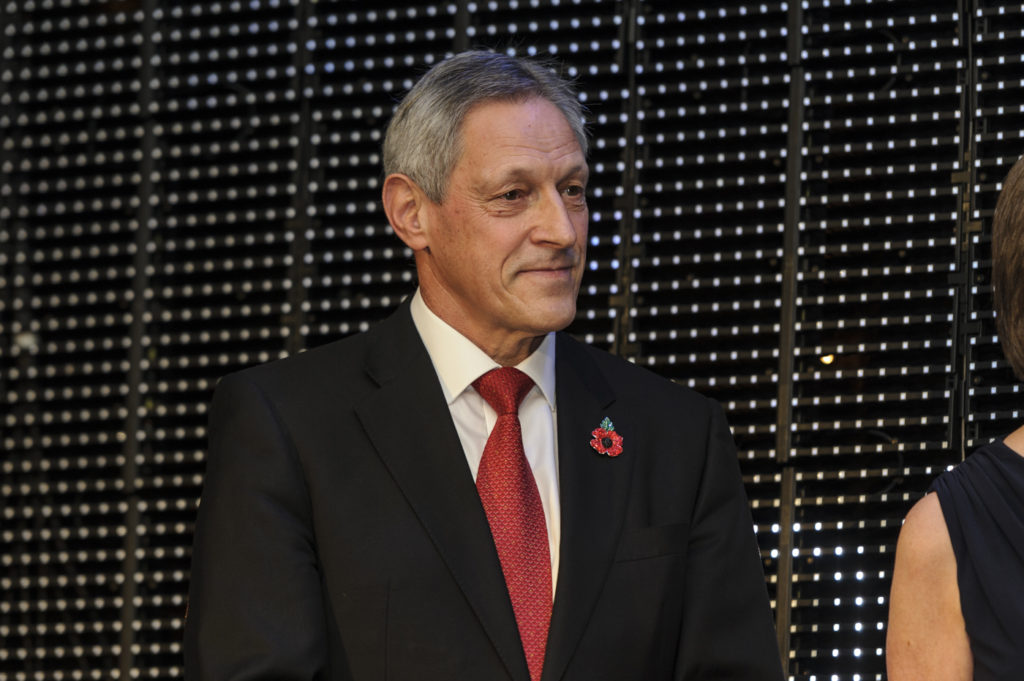
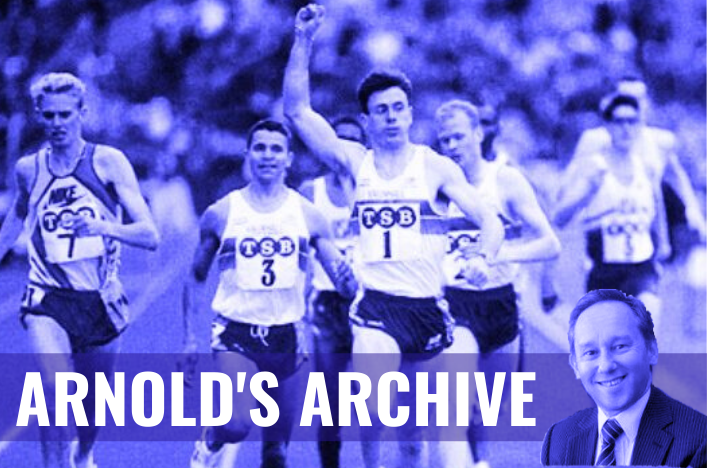
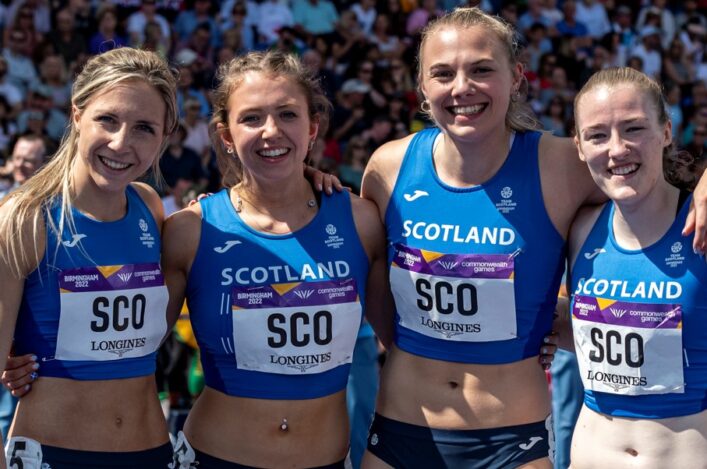
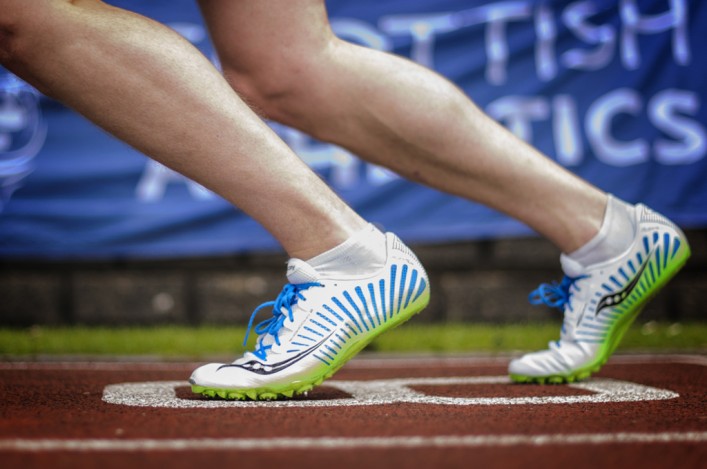



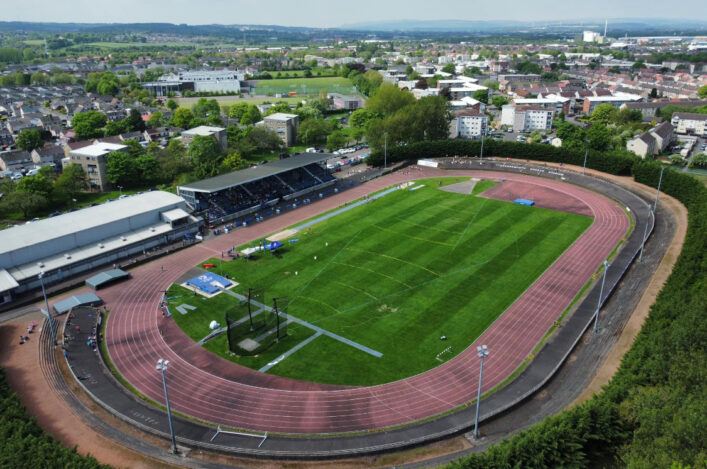
Latest Facebook update
8 hours ago
Photo
Share on Facebook Share on Twitter Share on Linked In Share by Email